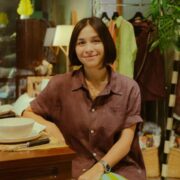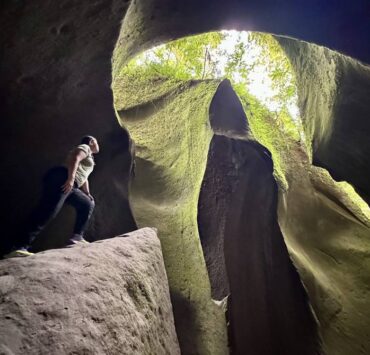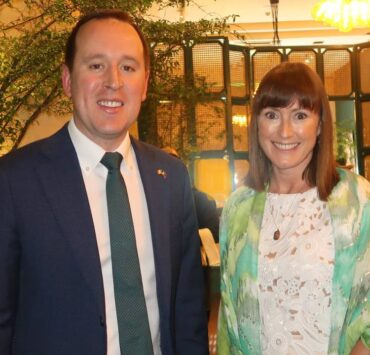How these kids are trying to tackle food waste
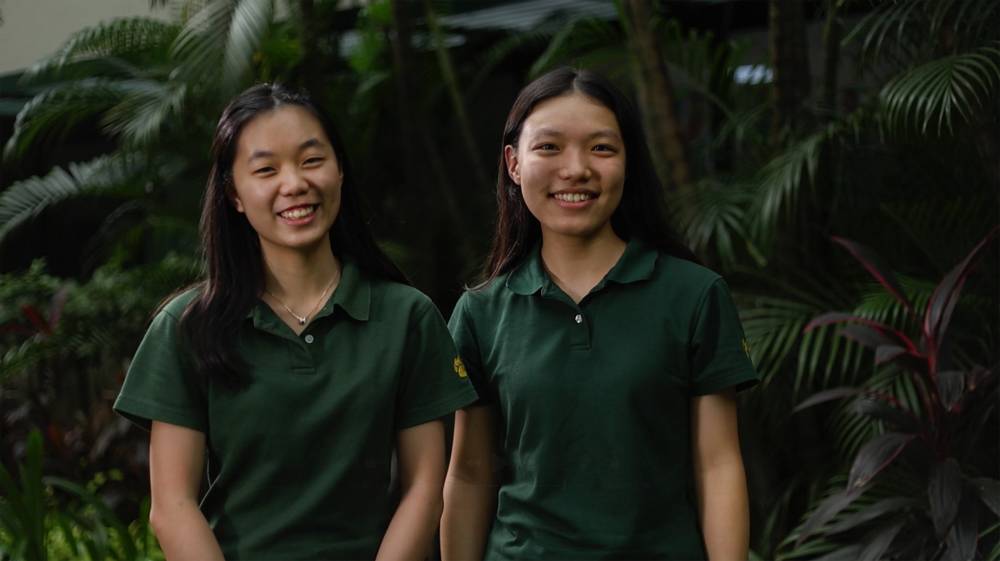
“I learned that approximately 30 percent of agricultural produce in the Philippines goes to waste due to supply chain inefficiencies and middleman-dominated markets,” says Hailey Yap, an 11th grade International School Manila student, who, along with schoolmate and batchmate Yume Yorita, put Team Philippines on the map as the Earth Prize 2025 regional winner for Oceania and Southeast Asia.
Based on the duo’s research on food wastage, they found that delays, excessive handling and poor logistics result in economic losses for farmers, with 30 percent of Filipino farmers living below the poverty line. There are also environmental and health consequences, from methane gas emissions to consumers burdened with inflated food prices, limiting their access to nutritious meals.
This problem inspired Yap, who is 17, and Yorita, 16, to create a web app they are calling Kultibado, addressing supply chain inefficiencies, saving both farmers and consumers money. Their goal is for farmers to earn more, and for consumers to pay around 70 percent less on produce. This is made possible by connecting farmers, consumers and cooperatives directly. The platform cuts out the middleman and shortens the supply chain, ultimately allowing farmers to sell surplus and “ugly” but perfectly edible produce, as well as optimize transport.
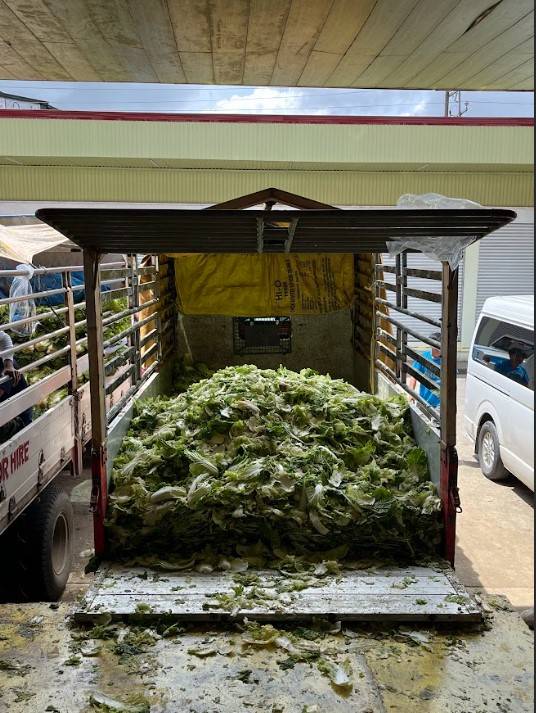
As a regional winner, their team will receive $12,500 to develop and implement their idea, as well as making them eligible to proceed to the next round, placing them in a position to win the $100,000 grand prize as the Earth Prize 2025 Global winner.
We want them to win, as they have big dreams, they said: “Our goal is to connect 150,000 farmers to our web app in the next five years. More than just a web app, Kultibado aims to foster a paradigm shift where ugly and surplus produce are valued, and where everyone has access to nutritious food.”
I had the opportunity to interview the two young ladies about their winning idea, what they learned from the experience and their views about the future of sustainability. Spoiler alert: They are clear-eyed about the need for every single human to do their part in caring for our planet if we do not want to compromise the ability of future generations to meet their needs.
Key experiences
How did you find out about the Earth Prize competition?
Hailey and Yume: We’re both juniors at the International School of Manila and serve as leaders in our Sustainability Council. We learned about this competition through our adviser and quickly formed a team to leverage our backgrounds—Hailey’s strong focus on analyzing and developing sustainable food systems, and Yume’s dedication toward advocating for environmental sustainability.
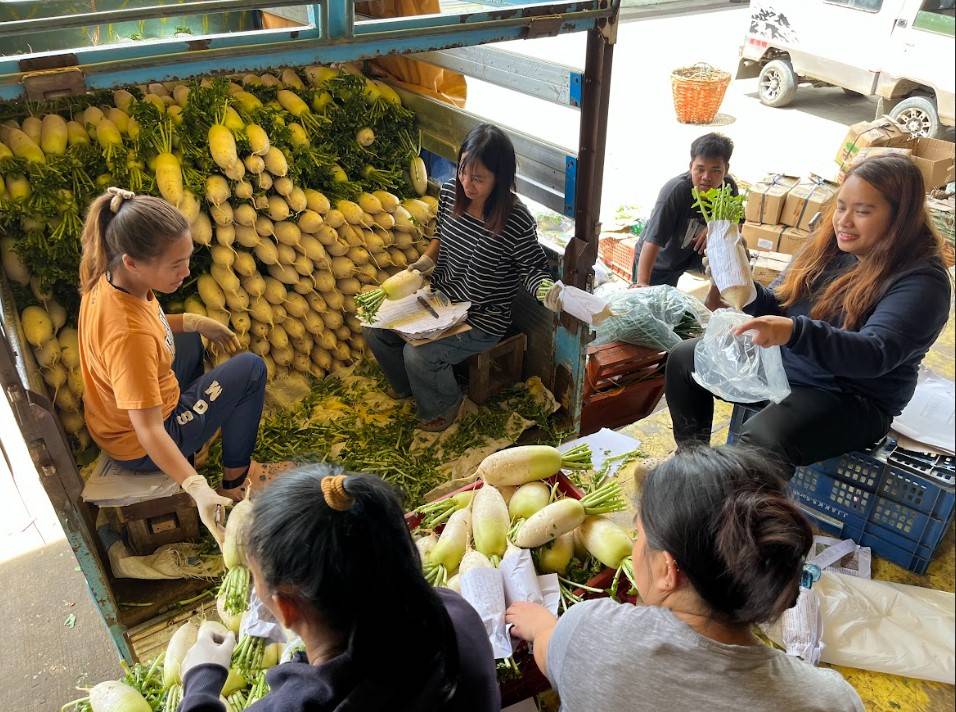
How did you come up with the idea for your proposed project?
Hailey: The idea for this project emerged from several key experiences. At 13, I learned that my father had coronary artery disease (CAD). While working with students in Tondo, I discovered that many missed classes due to poor nutrition. These events fueled my curiosity about the connection between health, food systems, and sustainability. After engaging stakeholders across the supply chain—from farmers to consumers—it was clear that optimizing the Philippines’ food supply chains is essential to addressing these challenges. The Earth Prize presented an opportunity to take action, which is why I reached out to Yume.
Yume: Everyday experiences at the supermarket, with the fluctuating prices for fruits and vegetables made, me question what was behind these sudden spikes in price. Learning about the existence of middlemen and the various inconsistencies in our current food system made me wonder whether this problem was being addressed, or if it was just being ignored and accepted as a part of everyday life.
Joining the Earth Prize previously in 2024 made me realize how making an impact can start from seemingly small ideas. The competition last year inspired me to think on a larger scale, identifying local issues that can happen anywhere around the world, and coming up with versatile solutions to address them.
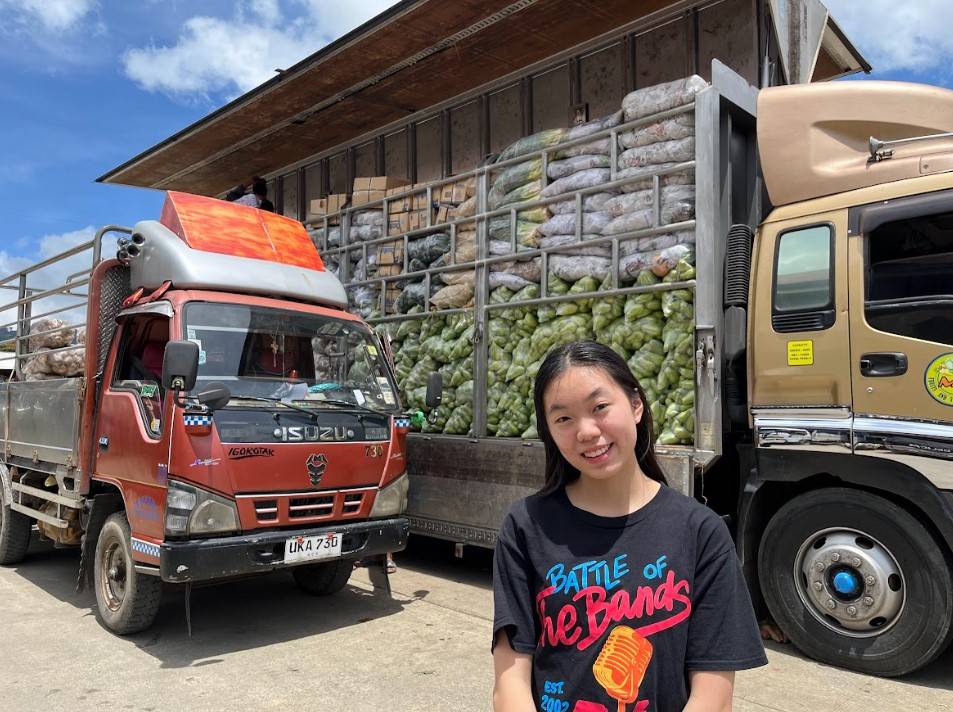
What do you foresee to be the biggest challenges in implementing your idea in practical life?
Hailey and Yume: Kultibado’s vision is to foster change in our food systems, making them more direct, fair, and sustainable. We can only do this with your support. Our biggest challenges are as follow:
Funding
Funding: Developing and running a web app is costly and requires many people to maintain. As such, securing funding for our project is a necessary step in order to implement our idea in practical life. However, we are optimistic about the support we have received so far, and hope to gain more resources to upscale our project, sustainably, to a wider audience.
Public support: One of the challenges that we foresee in the future, specifically at the beginning (once we launch), is gaining the support and participation of the public. We hope to gain a substantial user base that will allow us to continue our efforts toward a sustainable food system. To begin with, we are starting by selling to restaurants to ensure that our system is viable.
How does your generation feel about the sustainability issues you are facing, and having to come up with solutions to problems you did not create?
Hailey and Yume: Our generation must create solutions to problems that we ourselves did not create. The majority of problems that we face today is a product of habits that were established long before our generation. One challenge that comes from this is the difficulty in changing systems that are already in place. We feel like this is partly because most impacts are not experienced by individuals, especially those who live in more developed areas. For example, the impacts of the waste problem we as a global population face are more noticeable in areas that have underdeveloped trash segregation systems, or in areas closer to the coast.
We also feel as if some of the impacts of certain issues are less well-known than others. We feel as if there is not enough action coming from those who are older than us, who naturally also have greater power in society to implement the needed changes compared to us.
First corporate buyer
What do you intend to do with your regional prize winnings, and what is next should you win the grand prize?
Hailey and Yume: We plan to dedicate our winnings to beta testing and launching our solution. Collaborating with Rural Rising, we will supply surplus and “ugly” produce to our first corporate buyer, Your Local—a chef-driven restaurant led by Chef Patrick Go, known for bold and playful Asian fusion dishes. As our first supporter, Your Local is helping us advance our mission to create a more sustainable and efficient food system.
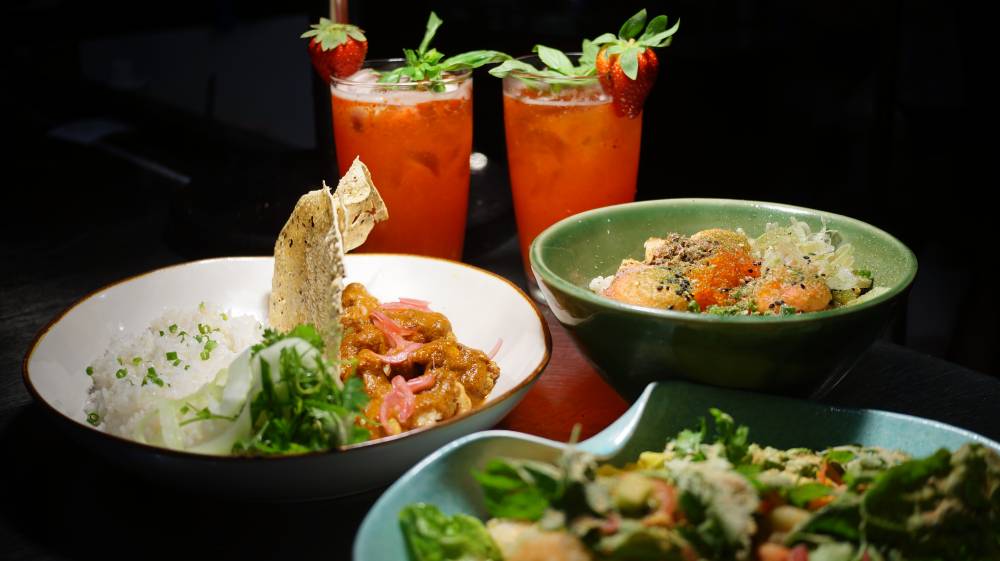
Are you optimistic about the next generation living in harmony in nature and in a more mindful, sustainable way?
Yume: While I am optimistic for the future, I feel that with the current mindset we have toward sustainable development and change, it would be a while before we learn to live in a completely sustainable society.
From my perspective, while we are constantly reminded that we must change how we live; our reliance on ingrained habits demands more intentional effort than what our existing approaches address.
In addition, many problems centered around sustainability require the global population to actively participate in resolving them. As a result, I strongly believe that achieving a fully sustainable global system will be necessary, albeit challenging, if we wish to pass on a livable planet for future generations.
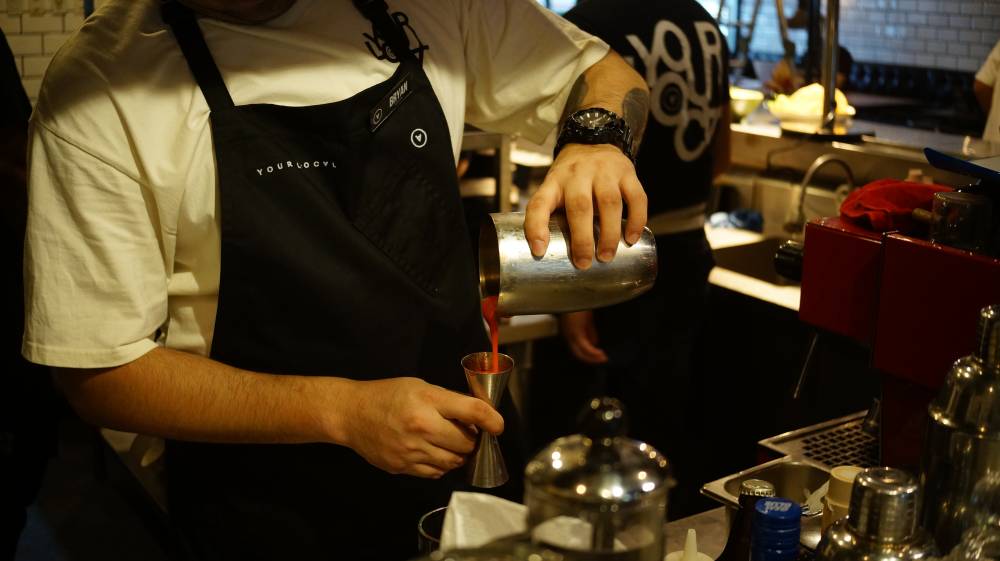
Hailey: By 2050, climate change could cause an additional 14.5 million deaths worldwide and result in $12.5 trillion in economic losses, according to the World Economic Forum. Living sustainably goes beyond the individual. It requires a fundamental shift in how we organize our world.
Our generation is on the cusp of deciding our future paths. I encourage everyone in this generation to take the opportunity to make a difference now–whether through their mindset, their lifestyle habits, or the morals they bring to their future careers. Once we pass the threshold, there’s no second chance.
We have a unique opportunity to shape the future for the next 30 to 40 years. To take action, feel free to connect with us on Instagram @kultibado.
Vote for Team Philippines. Public voting for the Global Winner opens today, April 13. Cast your vote on The Earth Prize website until Tuesday, April 22, 2025 (Earth Day): www.theearthprize.org/vote.













